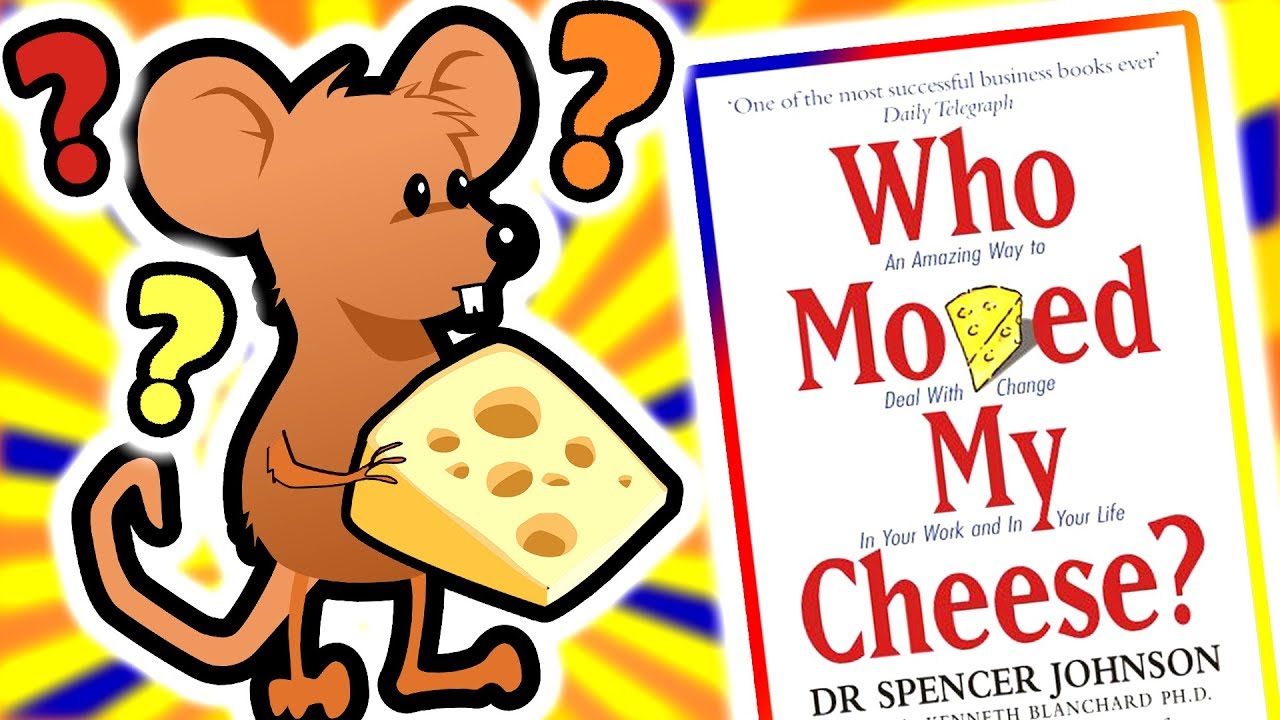Week 5 (Feb 5-11) - Modifiers
MoDiFiFeRs

I had a chance to use the word "modifier" this past Friday as I was reviewing English language art (ELA) concepts with my students. To my astonishment, my fourth grade and some fifth grade students did not know or could not make connection with the word "modifier." I had to take them around and finally someone mentioned the words "change" and "make better." I went around and expanded the term "modifier" with the U.S. Amendments. I demonstrated how lawmakers went about to change or modify the Constitution to make it better for people in the United States. Finally, I asked the students how and why "modifiers" relate to how we use language as we speak. Some of them shared that we used "modifiers" to describes the "nouns" or "pronouns" in the sentences.
Grammarly.com defined "modifiers" as "words that modify" (What Are), and the term modify is defined as "to become different" (Change). Thus, writers or speakers use modifiers to change or make their thoughts, ideas, clauses, or sentences better. Weinstein and Finn indicated that modifiers, if use within the right places in the sentences, can make "a world of difference" (42-43).
There are many ways to use modifiers to make sentences, clauses, or ideas better. Look at the scenarios below:
1) Beth is an exceptional tutor. Having always been deficient in math, she helped me accomplish several academic gals.
The phrase {Having always been deficient in math) is a modifier. It is misplaced. This misplacement can confuse the readers and cause the readers to be perplexed about the situation and who is having problems in math. If the readers or listeners do not take time to read or listen to the next part of the sentence or idea, they may not know who is actually having a problem in math. This misplacement is known as misplaced modifier (Weinstein and Finn 41). In addition, since the misplaced modifier did not really tell who the modifer is supposed to identify, it become known as a dangling modifier (Weinstein and Finn 42).
2) The Weather Channel said it would be cold yesterday.
The modifier-yesterday-was placed at the end to indicate when a day would be cold. If the modifier-yesterday-were placed in the beginning, listeners or readers might think the Weather Channel did something "yesterday" instead of reporting an occurrence that could happen "yesterday."
3) "You gave me a sweater" is not the same as the following modifying clauses below:
a) "You just gave me a sweater"
b) "Just you give me a sweater"
c) You give me just a sweater."

The adverbial modifier "just" did not correctly modify when the subject (you) give the object (me) a sweater. Thus, modifier, which can be an adjective or adverb, must be used correctly. If not, users and speakers end up using misplace or dangling modifiers.

Works Cited
"What Are Modifiers? And How to Use Them Correctly, with Examples?" Grammarly.com, 2023. https://www.grammarly.com/blog/modifiers/ Accessed 5 February 2023.
"Change." Dictionary.com, 2023. https://www.dictionary.com/browse/change Accessed 5 February 2023.
Weinstein, Lawrence, and Finn, Thomas. Grammar Moves: Shaping Who You Are. Longman, 2011.
Comments
Post a Comment